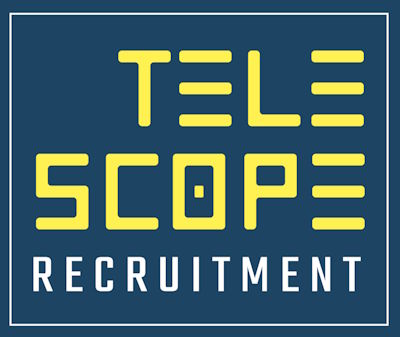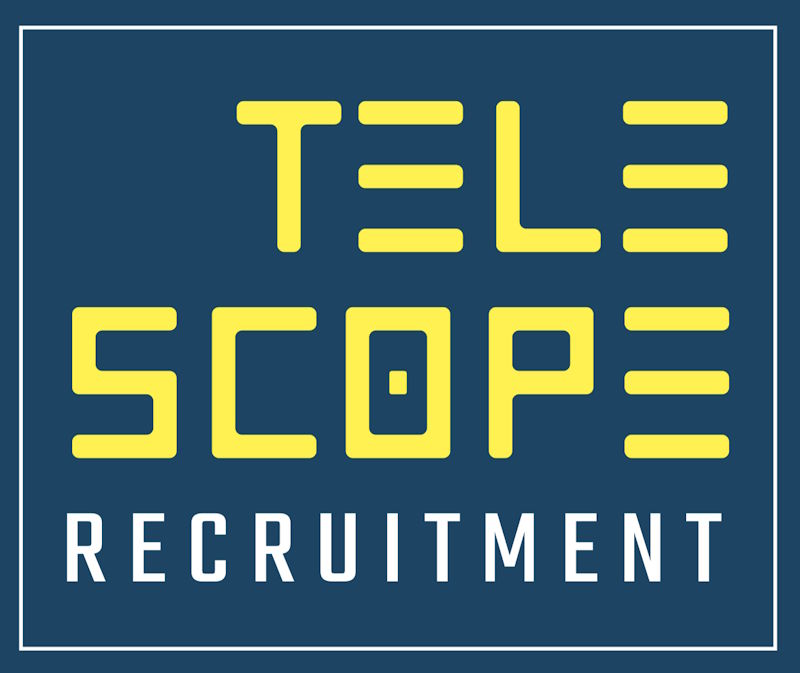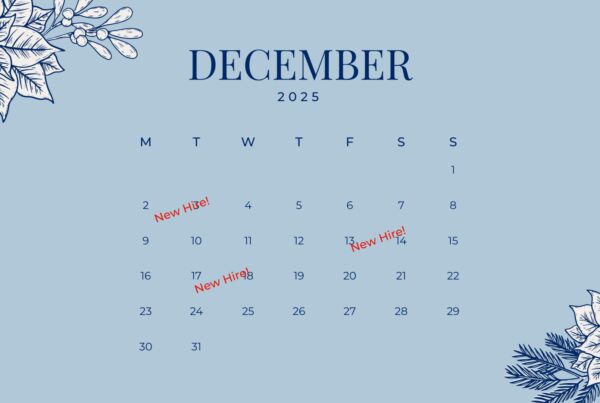In an era of increasing diversity and inclusion, recruiters play a pivotal role in shaping the workforce. However, unconscious biases can inadvertently seep into the hiring process, hindering the goal of building diverse and talented teams. Recognizing and addressing these biases is crucial for fostering a fair and inclusive hiring environment. In this article, we’ll explore effective strategies for recruiters to reduce bias and promote diversity in their hiring practices.
Implement Blind Recruitment:
Blind recruitment involves removing personal information such as names, gender, and age from resumes before they reach hiring managers. This helps to mitigate biases associated with gender, ethnicity, or other personal characteristics. By evaluating candidates solely on their skills and qualifications, recruiters can ensure a fairer and more objective assessment.
Standardize the Interview Process:
Establishing a structured and standardized interview process can help reduce subjective judgments. Develop a set of predetermined questions and evaluation criteria for each candidate. This consistency ensures that all applicants are assessed on the same parameters, minimizing the impact of personal biases.
Diversify Interview Panels:
Including individuals from diverse backgrounds in the interview panel can provide multiple perspectives and help counteract unconscious biases. When a hiring team represents different demographics, they are more likely to recognize and challenge biases, contributing to a more equitable decision-making process.
Offer Diversity Training for Recruiters:
Provide training for recruiters to raise awareness about unconscious biases and equip them with the tools to minimize their impact. These sessions should focus on fostering cultural competence and promoting a deeper understanding of diversity and inclusion.
Utilize Technology and AI:
Leverage technology and artificial intelligence to automate certain aspects of the hiring process. AI tools can help screen resumes objectively, removing identifying information and focusing solely on skills and experience. However, it is crucial to regularly review and audit these algorithms to ensure they do not inadvertently perpetuate biases.
Establish Clear Job Requirements:
Clearly define the skills, qualifications, and experience required for each position. This not only helps attract candidates who genuinely meet the job criteria but also prevents biases from influencing decisions based on subjective factors.
Monitor and Analyze Hiring Data:
Regularly review hiring data to identify patterns that may indicate bias in the recruitment process. Tracking metrics such as the diversity of applicants, interviewees, and hires can help recruiters measure their success in creating an inclusive hiring environment.
Encourage Inclusive Language in Job Descriptions:
Craft job descriptions using inclusive language that appeals to a diverse pool of candidates. Avoid gendered or culturally biased language that may inadvertently discourage certain groups from applying.
Foster an Inclusive Company Culture:
Create a workplace culture that values diversity and inclusion. Companies that actively promote diversity are more likely to attract a diverse pool of candidates. Recruiters should emphasize this commitment in their communication with potential hires.
Reducing bias in the hiring process is an ongoing effort that requires dedication and a proactive approach. By adopting these strategies, recruiters can contribute to creating a fair and inclusive recruitment process, ultimately building stronger and more diverse teams that drive innovation and success.
Partnering with Telescope Recruitment means embracing a visionary approach that illuminates your path to success. Together, we will reach new heights and create constellations of success that shine brightly in the cosmic realm of recruitment. Join us today and experience the difference we can make for your organization or career.





